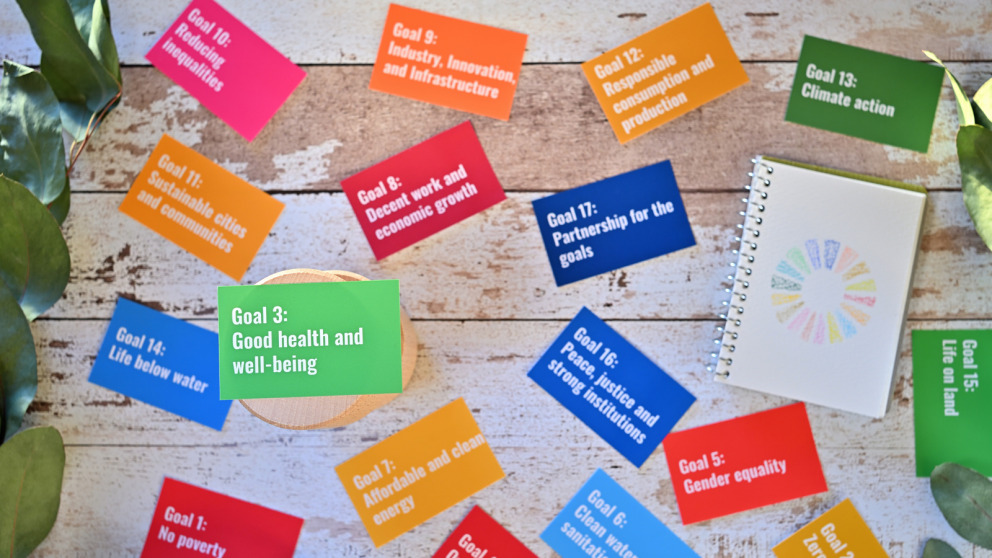Sustainable Development Pathways Achieving Human Well-being while Safeguarding the Climate And Planet Earth (SHAPE)
Duration

The SHAPE project aims to co-develop and analyze a new set of global target-seeking scenarios: the Sustainable Development Pathways (SDPs). SHAPE investigates interactions between options to mitigate climate change and the broader agenda of the United Nations' Sustainable Development Goals (SDGs). To this end, the project brings together integrated assessment modelling for model-based system analysis, industrial ecology modeling, social sciences, and participatory dialogue methods.
New global scenarios that integrate climate mitigation and the 2030 Agenda
With the United Nations' SDGs and the Paris Climate Agreement, the global community defined concrete targets for efforts to build more sustainable and climate-friendly societies. The SHAPE project develops a set of new global target-seeking scenarios, the Sustainable Development Pathways (SDP scenarios), that integrate the goals of both agreements. These scenarios will enable researchers to improve the modeling, analysis, and understanding of complex interactions between the various SDGs and the climate targets established under the Paris Agreement. SHAPE's research questions are:
- What are the crucial interdependencies between Sustainable Development Goals related to climate mitigation, land and water, consumption and production, and questions of economic development and inequalities?
- Which system transformations can overcome trade-offs, enhance synergies, and help to achieve a broad range of sustainable development objectives simultaneously?
- What are effective means of governance to facilitate the deep transformations necessary to protect the climate and achieve SDGs at the regional and global levels?
Bringing different communities of practice together
The SDP scenarios will be co-created in a continuous multi-stakeholder dialogue led by RIFS together with the Stockholm Resilience Centre, and in close collaboration with all other project partners. The SHAPE consortium has engaged in a broad exchange with stakeholders from government, business, and civil society as well as academic experts in a series of dialogue events. In its first phase, this dialogue focused on the co-creation of the underlying narratives (storylines) of the SDP scenarios, capturing diverging views on transitions towards sustainable development. A second phase offered an opportunity for shared reflection on preliminary SDP modelling results. Further information on the dialogue events can be found on the SHAPE project's website.
Project Website: https://shape-project.org/
SHAPE videos:
The SHAPE project approach: Co-creating Sustainable Development Pathways The SHAPE project: Three exemplary narratives for Sustainable Development Pathways